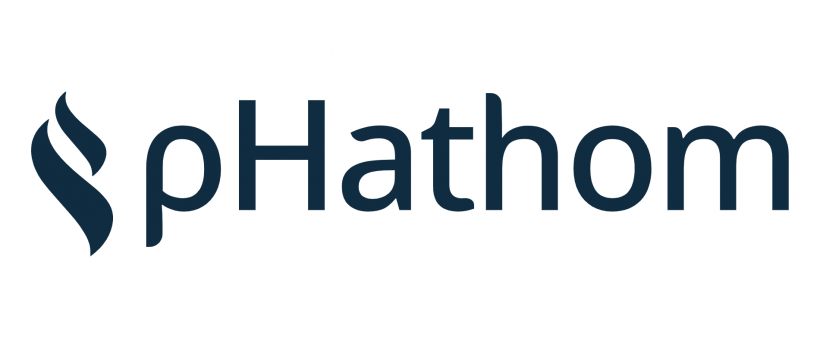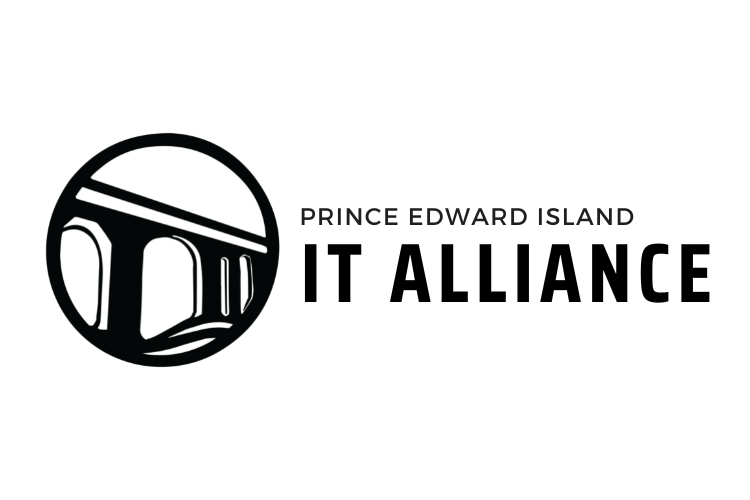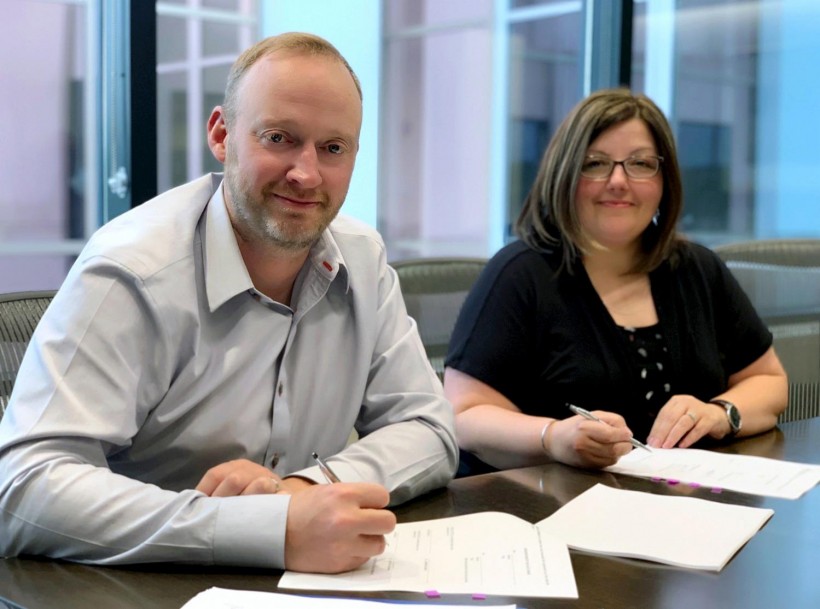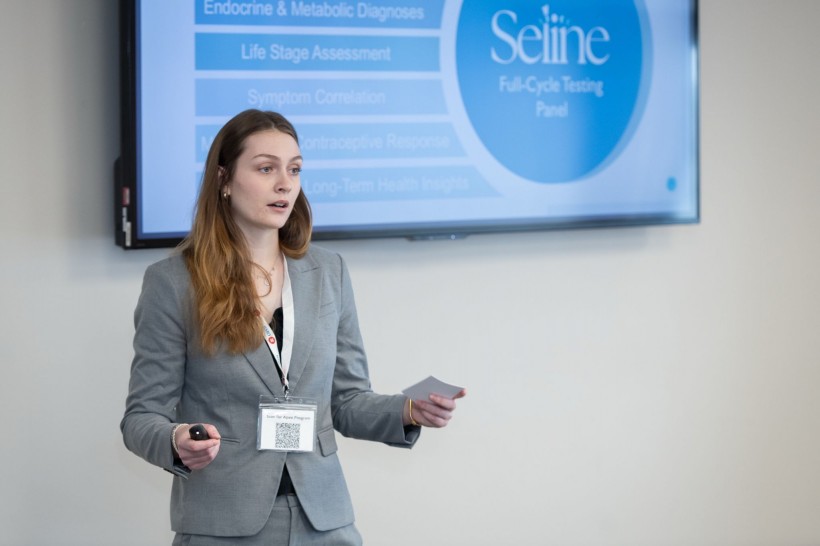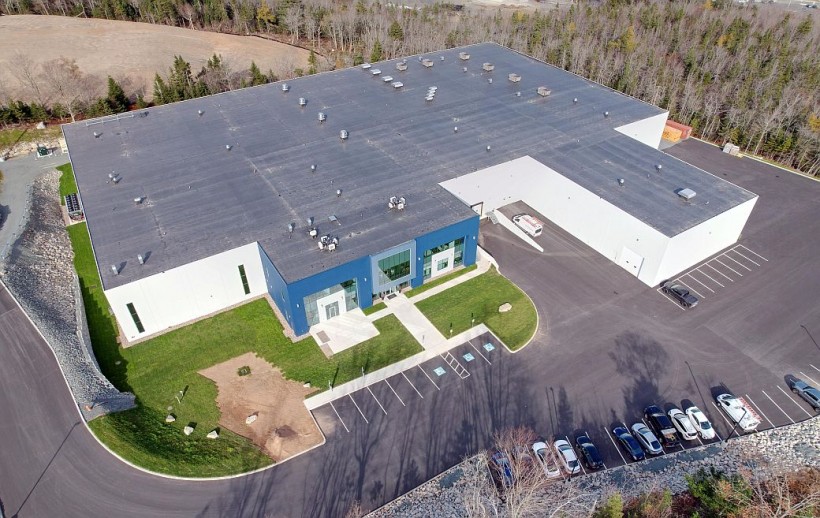Assuming all goes well with its Phase 1 trials this year, Sackville, N.B.-based Soricimed Biopharma Inc. expects to select a major drug-maker as a partner with which it can take its flagship product Soricidin through Phase 2 trials.
SOR-C13 is a peptide, or a naturally occurring biological molecule, that binds to TRPV6, a calcium channel found in a cancer cell and deprives the cell of calcium, thereby killing the tumour. Soricimed hopes to establish that it is an effective means of treating cancer with minimal suffering for the patient.
The company is now conducting trials with about 20 patients in Hamilton and London, Ont., and Houston, Texas. The company expects three more patients will enroll in the trials, which are due to finish this summer. The goal is to gain Phase 1 approval from both Health Canada and the U.S. Food and Drug Administration.
Phase 1 trials are designed to establish that a drug is safe for use in humans. The next step to bringing the product to the market will be Phase 2 trials, which are far more costly and aim to prove the drug’s efficacy.
“Our goal from the beginning was to partner with someone after Phase 1 and that is still the goal,” said CEO Paull Gunn in a recent interview. “They would be in on the finishing of Phase 2 and Phase 3 and getting the product to market.”
Soricimed began earlier in the century when Mount Allison University professor Jack Stewart – now the Chairman and Chief Scientific Officer – discovered interesting medical properties in the saliva of the northern short-tailed shrew. After further research, Stewart’s team isolated the key compound in the saliva and learned that among other things it could be used to treat cancer.
They have also discovered that the drug binds to TRPV6 in tumours in such a way that it can become a delivery system for other drugs. What that means is that Soricidin will be able to take drugs inside cancer cells and release them in direct contact with the cancer. It’s a more targeted approach to fighting cancer. It could treat the disease by targeting low doses of an anticancer agent directly to a tumour, thus reducing harmful side effects of other remedies.
It could also mean a relatively quick path to market. If Soricimed establishes that its drug is safe in humans, it could carry any approved drug, meaning this partnership with another drug could be used before SOR-C13 goes through all three phases of drug trials.
The company so far has raised $16 million dollars (about half of it equity investments from angel investors) to get to the Phase 1 trials. Phase II trials are known to cost hundreds of millions of dollars, so the company has been in touch with about 20 major pharma companies, some of whom have signed non-disclosure agreements. “The last piece [of data] they want is the Phase 1 result,” said Gunn.
Meanwhile, Soricimed will continue to raise money as it must fund the operations until it finally signs a deal with its partner.



